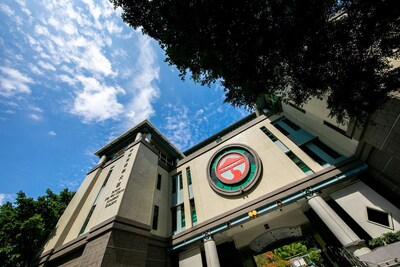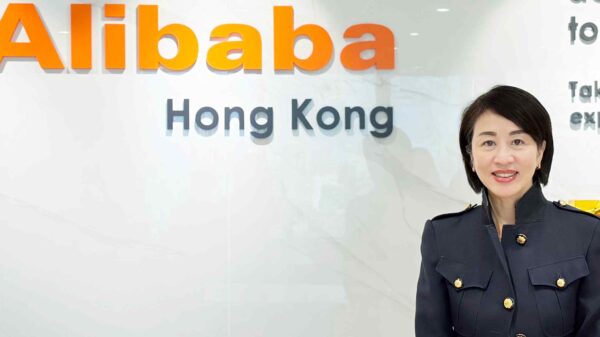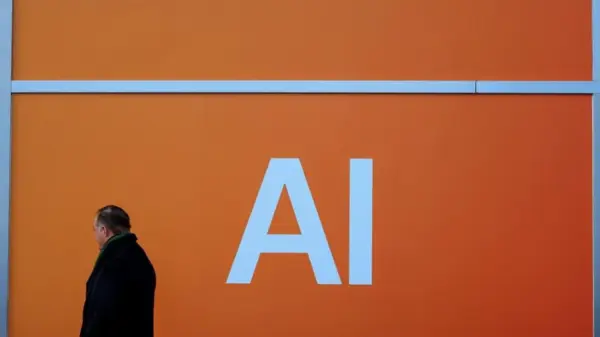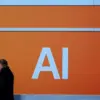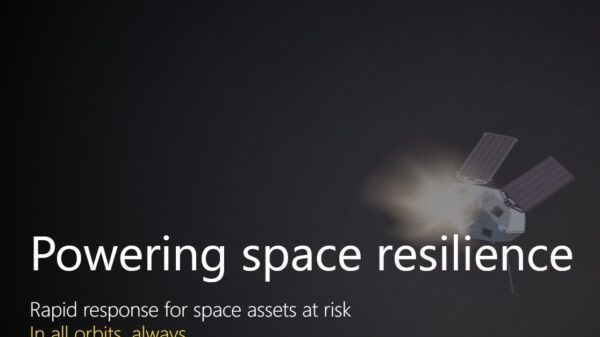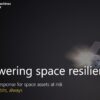HONG KONG, Nov. 18, 2025 — A recent seminar co-hosted by Lingnan University and The University of Sydney emphasized the urgent need for transformation in higher education to adapt to the rapidly evolving landscape shaped by artificial intelligence (AI). Titled “The Transformation of Global Higher Education Learning Pedagogies: Harnessing the Innovation and Technology Revolution,” the event attracted around 300 participants, both in-person and online, on November 17th.
The discussions highlighted the inadequacies of current pedagogical and assessment methods in responding to the needs of students in the AI era. According to Prof. Frankie Lam, Director of the Teaching and Learning Centre at Lingnan University, the saturation of AI technologies in educational settings requires a significant rethink of traditional approaches. He stated, “Our existing pedagogies and assessment methods are insufficient to meet the demands of the student in the AI Era.”
Prof. Jen Scott Curwood from The University of Sydney reinforced this viewpoint by proposing a shift in focus from merely evaluating final products to encompassing the entire learning journey. Her framework encourages the implementation of authentic assessments that integrate learner-AI dialogues and critical reflections, which are essential for fostering deeper learning experiences.
In a session titled “Empowering Non-STEM Degree Students to Apply Technology to Solve Humanitarian Challenges,” Prof. Albert Ko from Lingnan University discussed the necessity of equipping non-STEM students with relevant technological skills. His insights underscored the growing demand for educational evolution across various fields to address pressing social issues effectively.
The seminar concluded with Prof. Lam‘s critical analysis of the transformation of assessment methods. With AI tools becoming increasingly accessible to students, he argued that higher education institutions must leverage these innovative technologies to improve student outcomes. This evolution is not just about enhancing academic performance; it is about developing vital graduate attributes such as critical thinking, effective communication, collaboration, social responsibility, and AI literacy.
As education systems worldwide grapple with the implications of AI, the call for adopting new pedagogies and assessment strategies is clear. The initiative taken by Lingnan University and The University of Sydney serves as a significant step towards preparing students for a future where technology and human skills intersect seamlessly.
This seminar serves as a critical reminder that the future of higher education must embrace innovation and adaptability, ensuring that students are well-equipped for the challenges and opportunities presented by the AI revolution.
See also Lingnan University and University of Sydney Urge Urgent Education Reform for AI Era
Lingnan University and University of Sydney Urge Urgent Education Reform for AI Era Winthrop University Launches SC’s First AI Major Amid Ongoing Industry Debate
Winthrop University Launches SC’s First AI Major Amid Ongoing Industry Debate Oxford Professor Reveals 3 Essential Ways Schools Can Shape AI Literacy for Students
Oxford Professor Reveals 3 Essential Ways Schools Can Shape AI Literacy for Students WSU Researchers Secure $82,500 Grant from Microsoft to Enhance AI in Rural Schools
WSU Researchers Secure $82,500 Grant from Microsoft to Enhance AI in Rural Schools AI Transforms Medical Education with New Assessment Tools and Ethical Insights
AI Transforms Medical Education with New Assessment Tools and Ethical Insights





















































